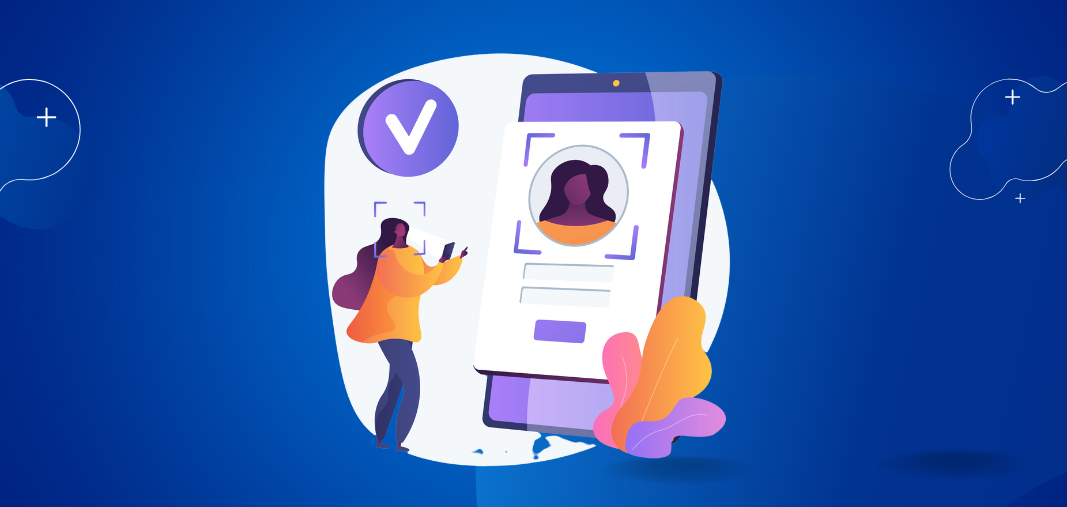
Unlocking the Power of Identity as a Service: The Benefits for Your Business
As businesses increasingly embrace cloud and mobile technologies, their legacy Identity and Access Management (IAM) solutions are no longer sufficient to secure their expanding network boundaries. Identity as a Service (IDaaS) offers cloud-hosted IAM services to verify user identities and prevent unauthorized access to sensitive data. IDaaS providers offer a broad range of technological functions that enhance security and ensure users are who they claim to be.
Identities as Services – what are they?
Identity as a Service (IDaaS) is a cloud-based authentication service provided by third-party vendors to enterprises. The X-as-a-service model, including IDaaS, is an easy-to-understand concept in IT that involves remote delivery of features by third-party providers, as opposed to on-site management by in-house personnel. IDaaS provides identity management and security services through a subscription-based model, ensuring that users have the right access to applications, files, and resources at the right time. With a cloud-based system, companies can easily adapt to changing technologies, such as BYOD employees switching to different types of phones, without having to build and manage the infrastructure themselves. IDaaS offers a centralized solution that is created by identity experts with a proven track record of addressing such issues for many organizations.
IDaaS: What does it mean in cloud computing?
IDaaS addresses the challenge of managing multiple usernames and passwords by providing a centralized identity management system. In addition, IDaaS helps ensure data security in cloud computing environments by offering user authorization functions like biometric security and multifactor authentication. This enables organizations to protect their data stored in the cloud by limiting access to authorized users only.
IDaaS streamlines the process of managing user accounts, particularly when an employee leaves the company. By relying on trusted third-party vendors, companies can enjoy the economic and operational benefits of cloud-based solutions, while ensuring that user accounts are properly managed and terminated. The combination of functions provided by IDaaS simplifies the management of user accounts, reducing the workload for admins and other employees.
Services provided in IDaaS.
Identity as a Service solution varies in scope and functionality, with some providers offering a single service, such as directory management, while others offer a comprehensive suite of customized functionalities. Some of the services offered through IDaaS services are listed below.
Single Sign-On (SSO): SSO simplifies the login process for users by allowing them to access multiple SaaS applications through a single portal. It also offers a centralized location for businesses to manage user access. Typically hosted on the cloud, SSO services are accessible via web pages and provide users with a streamlined login experience.
Identity Management: Identity Management involves the storage and management of user identities, with an Identity Provider (IDP) verifying a user’s identity through credentials such as usernames and passwords. When hosted on the cloud, IDPs are considered part of the IDaaS umbrella.
Multi-Factor Authentication (MFA): Multiple verification factors, such as password and USB authentication, are used to ensure user security. Multi-Factor Authentication (MFA) provides a more secure alternative to traditional username and password methods. Cloud providers offer easy MFA implementation for organizations.
Access Control: Access security, also known as policy-based access management, goes beyond SSO and involves the development of security measures by applications and APIs.
Directory: IDaaS is preferred by many organizations and users who require a cloud directory for customer and partner support.
Provisioning: By leveraging the System for Cross-domain Identity Management (SCIM) support and integration, as well as on-premises provisioning, organizations can synchronize user data across web and enterprise applications.
What are the factors to consider when choosing an IDaaS?
Access multi-platform environments
IDaaS solutions should offer seamless access from various devices, even in a hybrid environment where applications are hosted both on-premises and in the cloud. IDaaS should simplify integrations and create a unified consumer experience, regardless of where the applications are accessed or hosted.
Provide increased security.
Robust security techniques must be employed to ensure secure communication between all endpoints, particularly as identity management moves to the cloud.
Validate and manage all identities.
A good IDaaS solution should provide frameworks for SSO, federated identity, and MFA, eliminating silos and enabling a continuous network environment, allowing access to authorized resources without requiring repeated authentication.
Providing full lifecycle management access to apps
An ideal IDaaS solution should simplify the user provisioning process, including automatic account creation, role-based authorization, and account de-provisioning when users leave the organization. This automated app access lifecycle management system reduces IT workload and saves time. Instant access removal and account deactivation simplify offboarding.
Applications
IDaaS offers various applications, including Okta’s adaptive multi-factor authentication, single sign-on, and Okta’s Universal Directory. Adaptive MFA improves security by requiring multiple factors to gain access to the network. SSO allows users to sign on once and access authorized company resources. Okta’s UD is a centralized cloud-based system that restricts access to sensitive data to only authorized users with the right security permissions.
How does IDaaS benefit your organization?
IDaaS provides cost savings compared to on-premises identity provisioning solutions like Active Directory Domain Services. With on-premises solutions, companies must maintain servers, purchase, and install software, pay hosting fees, and perform regular backups and security monitoring. In contrast, IDaaS only requires a subscription fee and administrative work.
Conclusion
Identity-as-a-Service (IDaaS) solutions are a game-changer in enhancing user satisfaction and experience. With IDaaS, the onus of remembering multiple credentials is eliminated, leading to a standardized and streamlined Single Sign-On (SSO) process. Users can access all their applications using a single set of credentials, thanks to identity federation protocols like SAML, OAuth, and OpenID Connect.